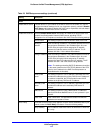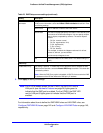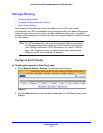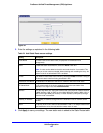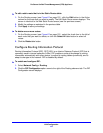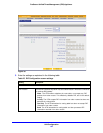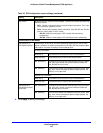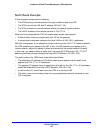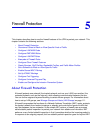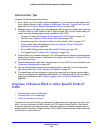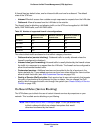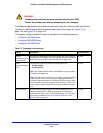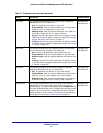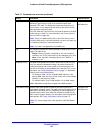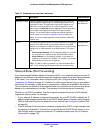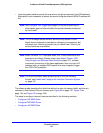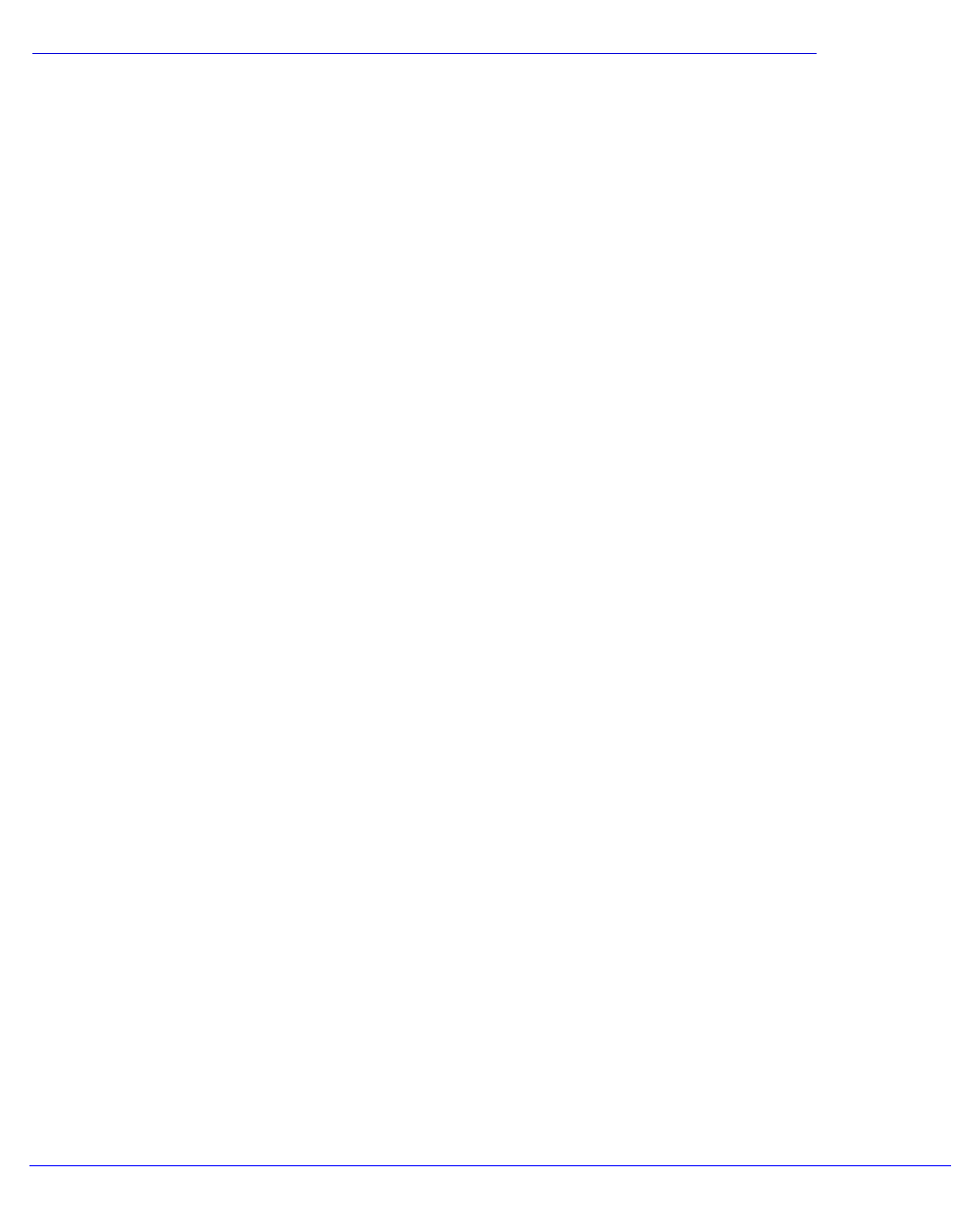
127
5
5. Firewall Protection
This chapter describes how to use the firewall features of the UTM to protect your network. This
chapter contains the following sections:
• About Firewall Protection
• Overview of Rules to Block or Allow Specific Kinds of Traffic
• Configure LAN WAN Rules
• Configure DMZ WAN Rules
• Configure LAN DMZ Rules
• Examples of Firewall Rules
• Configure Other Firewall Features
• Create Services, QoS Profiles, Bandwidth Profiles, and Traffic Meter Profiles
• Set a Schedule to Block or Allow Specific Traffic
• Enable Source MAC Filtering
• Set Up IP/MAC Bindings
• Configure Port Triggering
• Configure Universal Plug and Play
• Enable and Configure the Intrusion Prevention System
About Firewall Protection
A firewall protects one network (the trusted network, such as your LAN) from another (the
untrusted network, such as the Internet), while allowing communication between the two.
You can further segment keyword blocking to certain known groups. For information about
how to set up LAN groups, see Manage Groups and Hosts (LAN Groups) on page 111.
A firewall incorporates the functions of a Network Address Translation (NAT) router, protects
the trusted network from hacker intrusions or attacks, and controls the types of traffic that
can flow between the two networks. Unlike simple NAT routers, a firewall uses a process
called stateful packet inspection to protect your network from attacks and intrusions. NAT
performs a very limited stateful inspection in that it considers whether the incoming packet is
in response to an outgoing request, but true stateful packet inspection goes far beyond NAT.



